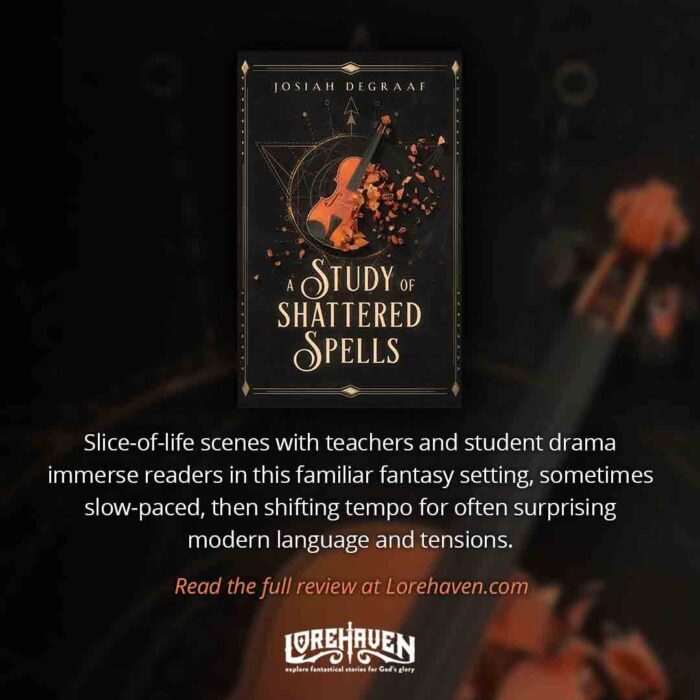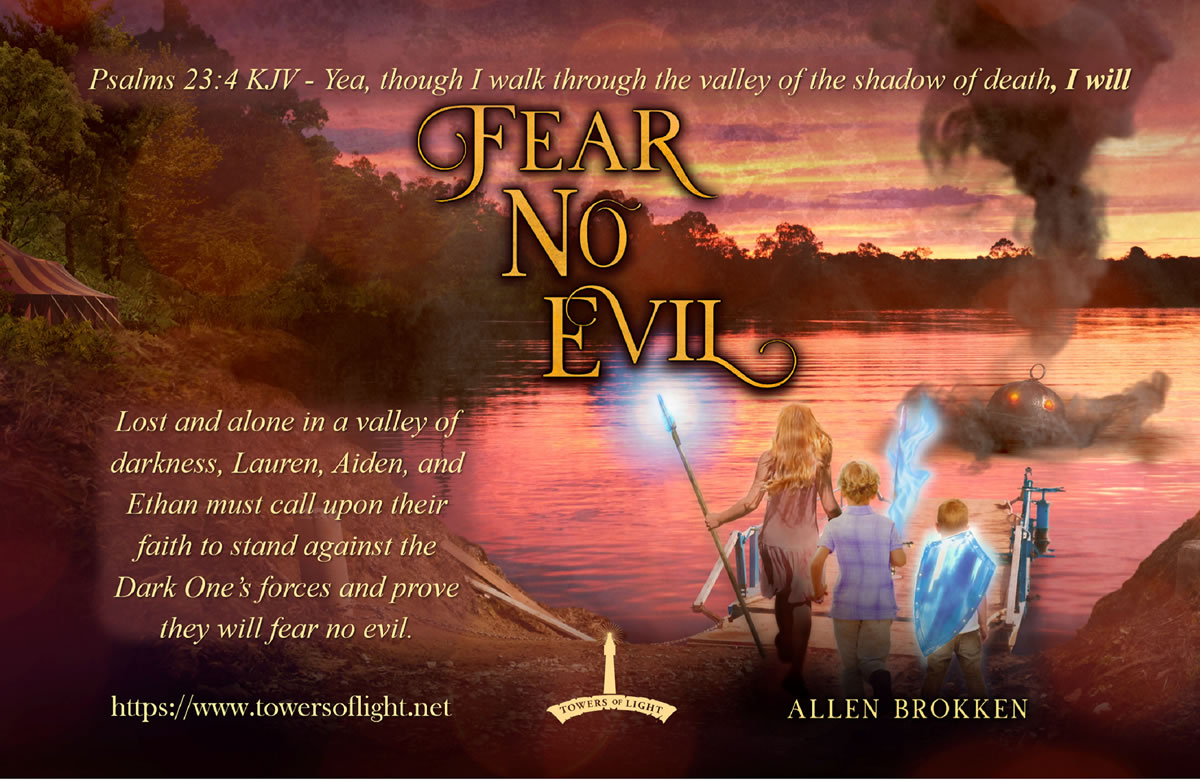Magic and the Rise of Wicca
Magic is real, and our society is becoming more interested in its power.
In coming years, we’ll likely hear more about Wicca. We may have friends and family members who are drawn toward such Pagan practices. To love those neighbors well, we first need to understand magic and not live in fear of the unknown.
How should we think about magic?
As Christians, what is our natural response to the word “magic”?
We typically see magic as real and evil, or entirely fictional.
For example, a friend of mine once told her daughter that magic wasn’t real. This seemed logical because fictional forms of magic are so prevalent in books and television. A while later, the girl asked her mother how she knew God was real if magic and the supernatural were not real. After all, in her daughter’s mind, an invisible, all-powerful God represented a type of magic.
That might make you squirm, but she wasn’t wrong. She was using the term “magic” far more broadly than the Bible does. Fantasy pioneers like C. S. Lewis and J. R. R. Tolkien helped widen this term into a literary device that’s used to shed light on reality through unreality.
If we want to understand the difference between real magic like Wicca from a fictional and fantastical Narnia, we must understand that “magic” is a word that is used in many different ways. In our society, we’re forced to examine not only the vocabulary being used, but also the context.
Magic in Scripture
In the context of scripture, it’s sinful for people to use magic and divination. In their pride, they use power to serve man, not God, and attempt to “be like God” in true Adam and Eve fashion (Genesis 3:5).
Let’s look at a few examples in scripture. Watch closely for the indicators that these men were motivated by pride.
1 Samuel 28 tells how Saul sought a medium to consult with Samuel’s spirit after his death. When Samuel questioned why Saul disrupted him, Saul said, “God has turned away from me and answers me no more, either by prophets or by dreams. Therefore I have summoned you to tell me what I shall do” (1 Samuel 28:15, emphasis added). The Bible doesn’t challenge whether the necromancer’s magic worked to bring Samuel back. But the text implies Saul wanted to serve himself instead of God.
In Exodus, when Moses and Aaron turned sticks into snakes and miraculously brought the plagues into Egypt, Pharaoh’s magicians copied them. But during the third plague, the magicians weren’t able to imitate them. “Then the magicians said to Pharaoh, ‘This is the finger of God.’ But Pharaoh’s heart was hardened . . .” (Exodus 8:19, emphasis added). While Moses did signs for God’s sake, Pharaoh’s men did the same signs for their own sake.
In Acts 8:9, “[T]here was a man named Simon, who had previously practiced magic . . . saying that he himself was somebody great.” Yet Jesus’s disciples performed miracles under God’s authority and for his glory, not their own. This displayed humility—the opposite of pride.
The Bible uses clear vocabulary to separate these supernatural occurrences. We can easily see the difference between Saul’s hired witch versus a faithful disciple who performs miracles. Both persons are doing miraculous signs. Yet only one serves God, while the other serves man.
The world does not always make this separation easy to spot. We must not collapse these categories by confusing a person’s worldview with the fictional art they enjoy or create.
The appeal of Wicca
People who consider themselves Wiccan have grown from 8,000 in 1990 to 342,000 in 2008 to over a million in 2014. Although there hasn’t been another survey since, it’s safe to say that it will continue to grow based on book sales in 2019.
Why is this happening? We are often tempted to blame fictional magic for these numbers, but the evidence seems to point in another direction. People drawn to this religion are more often extreme feminists looking for ways to increase their power—sometimes as a political weapon. With such trends as the #MeToo movement sweeping through our society, we will likely see a myriad of responses. In this case, female empowerment takes on the appearance of a witch.
Loving our Wiccan neighbors
It’s important for us to see the difference between prideful supernatural signs, or “magic,” and humble supernatural signs. This distinction helps us not only think critically about modern literature and films, but also in being able to love others well. To love them, we must understand that the source of their attraction to magic is self-empowerment. Just as other secular groups demand to be heard, so too will Pagan religious groups as they grow in number.
But people are not the enemy. Pride and self-empowerment are our enemies.
It was pride that led Adam and Eve to eat the fruit, and prideful idolatry that led the Israelites to construct the golden calf (Exodus 32). Similarly, Paul says in Romans 1:22–23, “Claiming to be wise, they became fools, and exchanged the glory of the immortal God for images resembling mortal man and birds and animals and creeping things.”
Your Wiccan neighbor is not someone strange to fear. When they make themselves into femme fatale witches so they can feel more powerful, they are doing exactly what all non-Christians do by exchanging the Creator to worship the creation.
Yet the gospel is still the deeper magic. As Lewis’s Aslan said in The Lion, the Witch, and the Wardrobe, “. . . though the Witch knew the Deep Magic, there is a magic deeper still which she did not know.” Mankind seeks their own power. But only the miracle of the cross breaks the curse of sin and death.
We are powerless, but our all-powerful God has provided a way for us to live in his presence forever. Like any non-believer, Wiccans do not need your fear or scorn. They need your love and willingness to share the gospel of Jesus Christ.




































Share your fantastical thoughts.